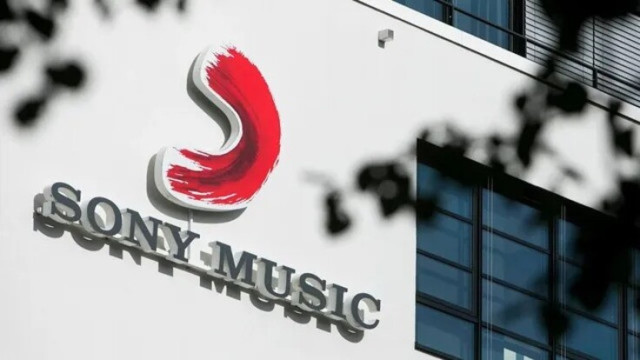Sony Music has issued letters to hundreds of technology companies, cautioning them against using its content without permission, according to Bloomberg, which obtained a copy of the letter.
This correspondence, sent to more than 700 AI companies and streaming platforms, asserts that the "unauthorized use" of Sony Music content for AI systems deprives the label and its artists of "control and compensation" for their work.
The letter specifically highlights the "training, development, or commercialization of AI systems" that utilize copyrighted material, including music, art, and lyrics.
Among Sony Music's roster of artists are prominent names such as Doja Cat, Billy Joel, Celine Dion, and Lil Nas X. Sony Music did not immediately respond to a request for comment.
The music industry has been particularly vigilant in managing the use of its copyrighted works concerning AI tools. On YouTube, AI-generated voice clones of musicians gained significant traction last year, prompting labels to establish stringent rules for the music industry, while other sectors face looser regulations.
Concurrently, YouTube has introduced AI music tools like Dream Track, which can generate songs in the style of various artists based on text prompts.
A notable example of the ongoing battle over music copyright and AI has been observed on TikTok. In February, Universal Music Group (UMG) removed its entire roster of artists' music from the platform following unsuccessful licensing negotiations.
This led to a temporary silence of viral videos as songs by artists such as Taylor Swift and Ariana Grande were withdrawn. However, the absence was short-lived; in April, ahead of the release of her new album, Swift's music quietly reappeared on TikTok.
By early May, the impasse had ended, with UMG artists back on TikTok following a new agreement that included enhanced protections around AI and "new monetization opportunities" in e-commerce.
A joint press release from TikTok and UMG stated, "TikTok and UMG will work together to ensure AI development across the music industry will protect human artistry and the economics that flow to those artists and songwriters."
Beyond copyright issues, the use of AI-generated voice clones to create new songs raises questions about the extent of control individuals have over their voices. AI companies have trained models on extensive libraries of recordings, often without obtaining consent, allowing users to generate new material.
Asserting rights over publicity and likeness can be complicated due to the varying laws across different states in the U.S.




















